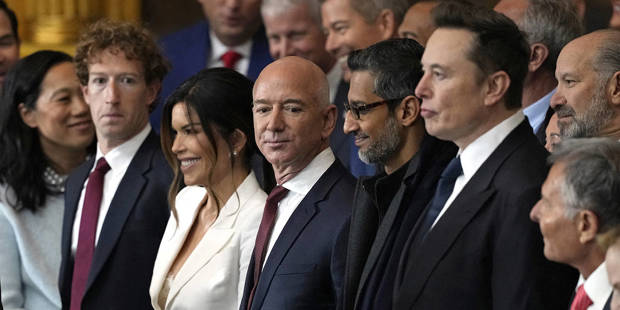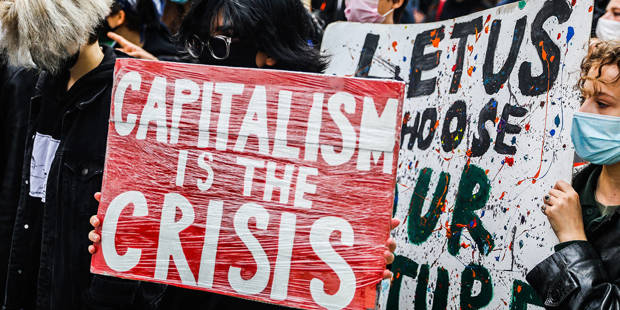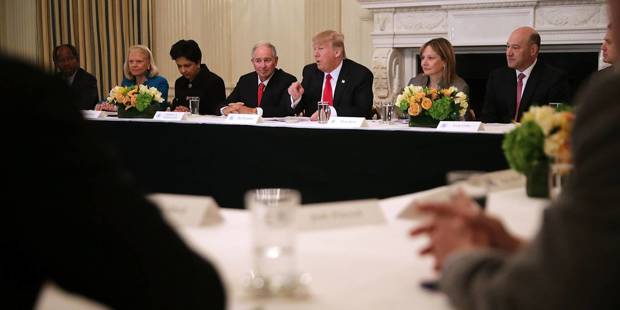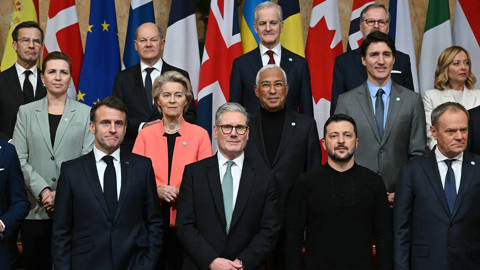Katharina Pistor
Katharina Pistor, Professor of Comparative Law at Columbia Law School, is the author of The Code of Capital: How the Law Creates Wealth and Inequality (Princeton University Press, 2019).
-
The New Washington Consensus

The New Washington Consensus
Jan 28, 2025 Katharina Pistor sees no daylight remaining between US private business and the federal government.
-
Capitalism Is Driving Democracy’s Death Spiral
 Subscriber Favorite
Subscriber FavoriteCapitalism Is Driving Democracy’s Death Spiral
Nov 15, 2024 Katharina Pistor argues that the financialization of the global economy has come at the expense self-governance.
-
Outsourcing Our Future to For-Profit AI

Outsourcing Our Future to For-Profit AI
Oct 17, 2024 Katharina Pistor worries that we have already ceded control to self-interested private corporations and their shareholders.
-
To Google or Not to Google?

To Google or Not to Google?
Aug 22, 2024 Katharina Pistor describes how the search-engine giant crossed the line in acquiring and maintaining its monopoly.
-
American Business Will Regret Writing Off Democracy

American Business Will Regret Writing Off Democracy
Jun 3, 2024 Katharina Pistor explains why endorsing Donald Trump is a bad bet for today’s titans of the US economy.








